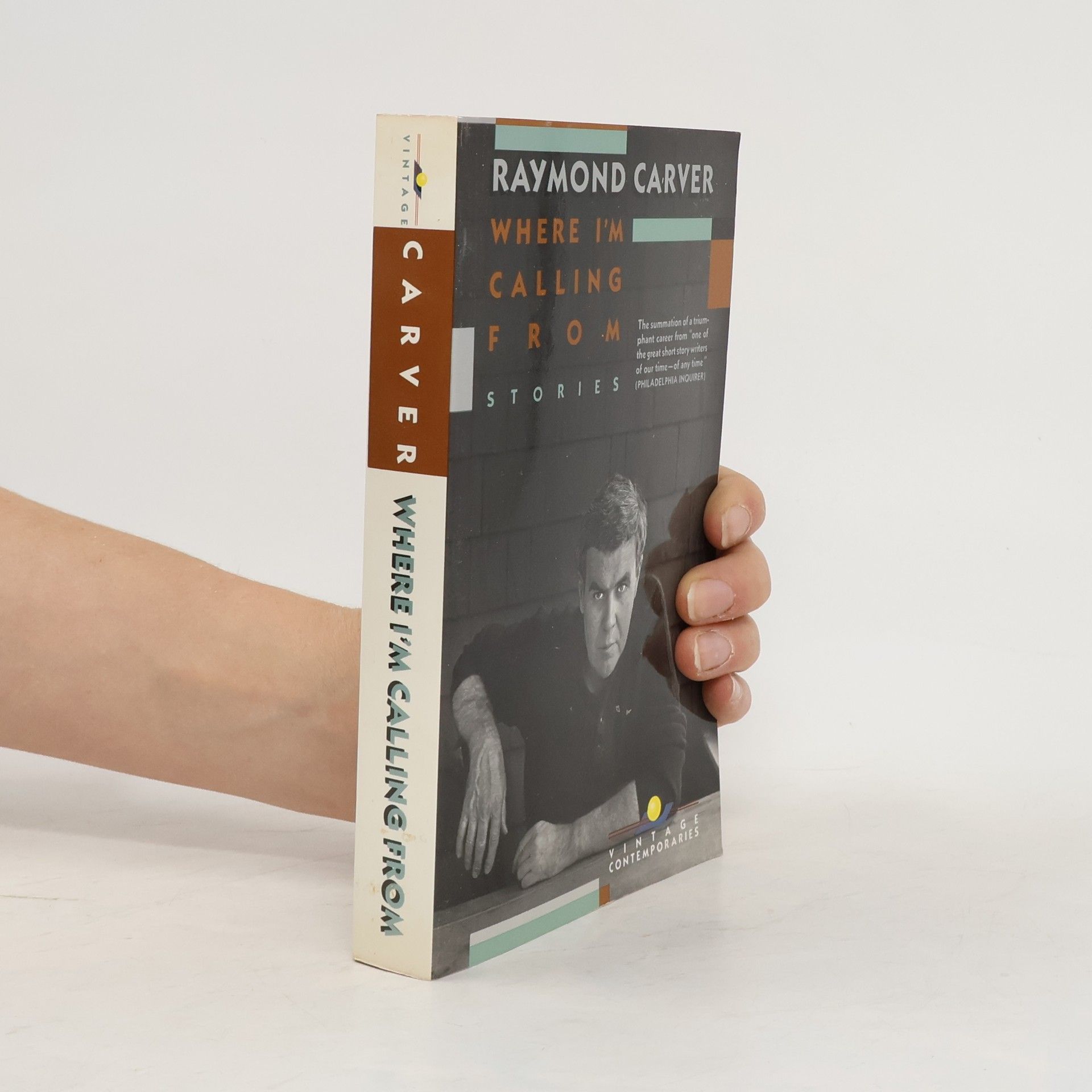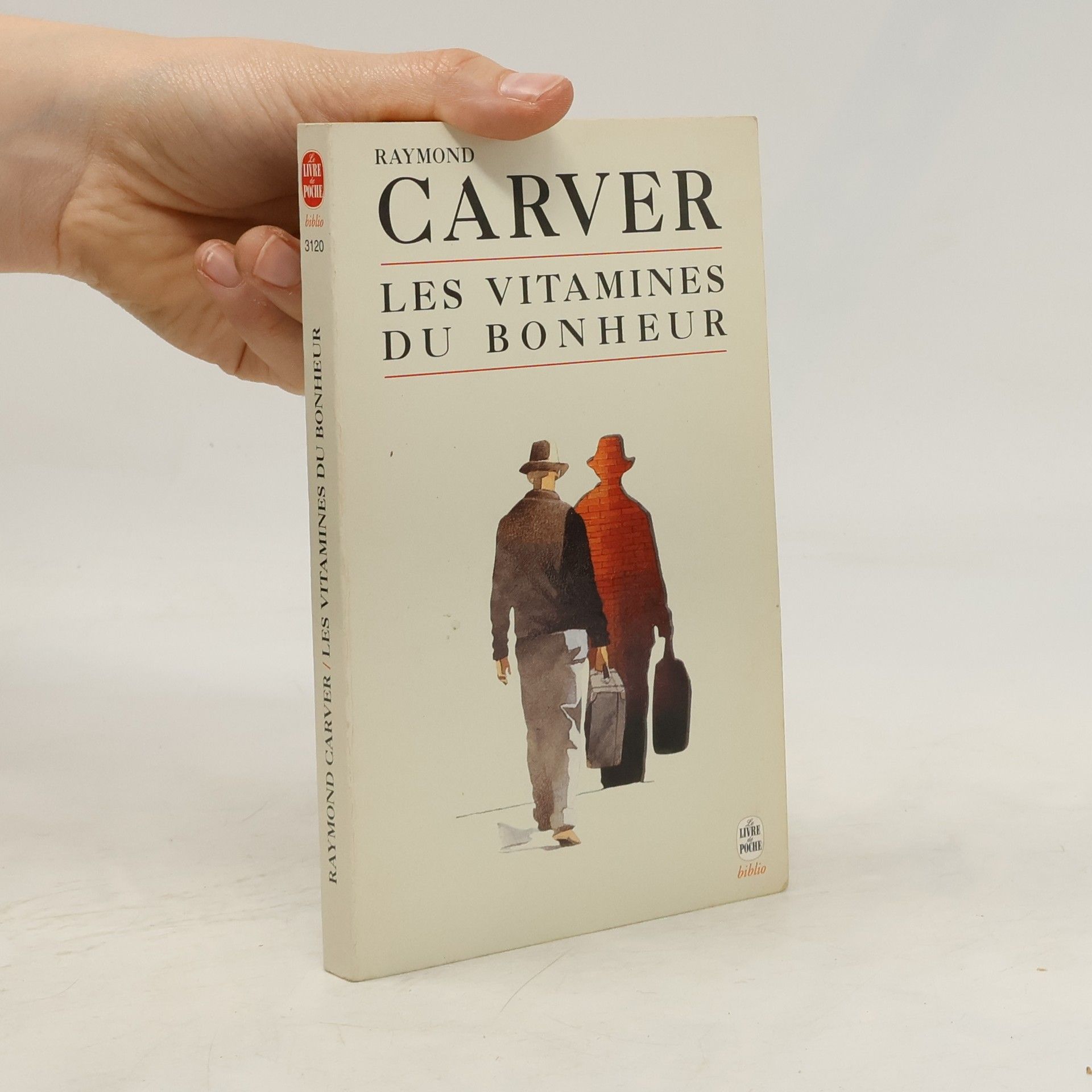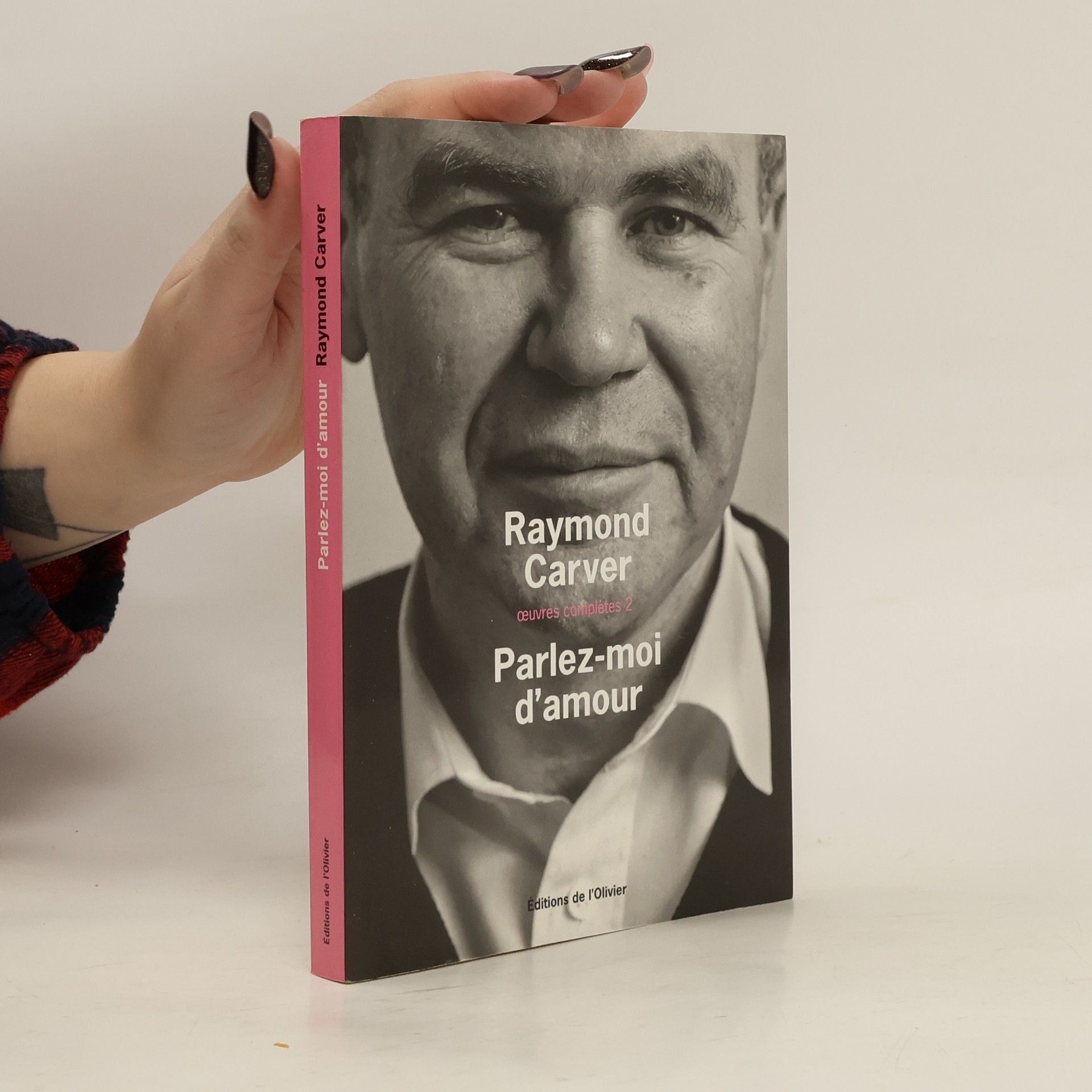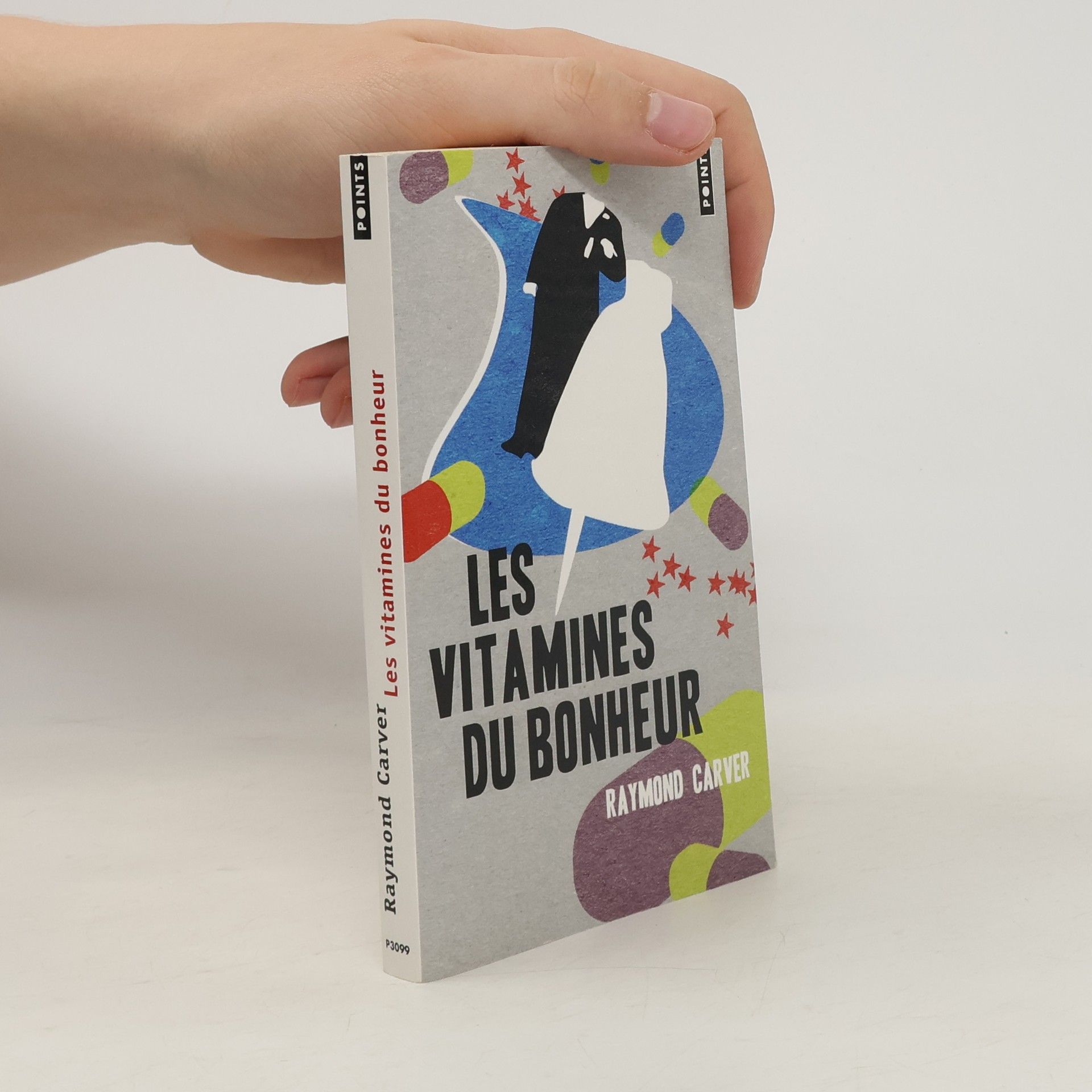Les vitamines du bonheur
- 249pages
- 9 heures de lecture
Douze nouvelles de Raymond Carver, douze variations sur la condition humaine.
Raymond Carver est célébré comme un maître de la nouvelle qui a profondément remodelé la littérature américaine. Son style distinctif emploie un réalisme de précision, capturant la vie de gens ordinaires, souvent issus de la classe ouvrière et de milieux marginalisés. L'économie méticuleuse du langage de Carver met en lumière des vies, révélant des profondeurs cachées au sein de détails apparemment insignifiants. Son œuvre, fréquemment située dans des environnements banals, explore des thèmes de perte, de désir et de recherche de sens, ses écrits ultérieurs transmettant souvent un sentiment de rédemption et d'expansion croissantes.







Douze nouvelles de Raymond Carver, douze variations sur la condition humaine.
"J'ai vu pas mal de choses dans ma vie. Une fois j'allais chez ma mère pour y passer quelques nuits. En arrivant sur le seuil, j'ai jeté un coup d'oeil et je l'ai vue, assise sur le canapé, en train d'embrasser un homme. C'était l'été. La porte était ouverte. La télé était allumée. Voilà une des choses que j'ai vues."
"Je suivis son regard... À côté du vase, sur le napperon, un moulage de dents, les dents les plus tordues et irrégulières que j'aie jamais vues de ma vie. Il n'y avait pas de lèvres sur ce truc affreux, pas de mâchoires, juste des dents en plâtre plantées dans quelque chose qui ressemblait à d'épaisses gencives jaunâtres... Ca, c'est les dents d'Olla avant qu'on lui mette des appareils, dit Bud à Fran... Ma tête à couper que je ne sais pas pourquoi elle les garde." Des dents sur le poste de télévision, un bébé "tellement moche que je ne trouvais rien à dire", des gens très ordinaires, des vies simples et, miracle de l'écriture, le monde s'auréole d'une étrangeté presque métaphysique. Petites joies désolantes, infinie tristesse... Douze nouvelles de Raymond Carver ; douze univers clos, douze fascinantes variations sur la condition humaine.
Raymond Carver's writing delves into the lives of individuals facing poverty and deprivation, marked by a haunting minimalism and subtle violence. His earlier works exemplify "dirty realism," characterized by their starkness and ambiguity. However, in later collections like Cathedral, Carver showcases a broader emotional range, revealing deeper connections with his characters and adopting a more expansive narrative style reminiscent of Chekhov. This evolution highlights his ability to blend detachment with empathy, enriching the landscape of American fiction.
Will You Please Be Quiet, Please? What We Talk About When We Talk About Love. Cathedral
The final story collection from “one of the great short story writers of our time” (The Philadelphia Inquirer) features classic stories from Cathedral, What We Talk About When We Talk About Love, and earlier volumes. • “Among the masterpieces of American fiction." —The New York Times Book Review By the time of his early death in 1988, Raymond Carver had established himself as one of the great practitioners of the American short story, a writer who had not only found his own voice but imprinted it in the imaginations of thousands of readers. Where I’m Calling From, his last collection, includes seven new works previously unpublished in book form. Together, these 37 stories give us a superb overview of Carver’s life work and show us why he was so widely imitated but never equaled.
This prodigiously rich collection of poems suggests that Raymond Carver was not only America’s finest writer of short fiction, but also one of its most large-hearted and affecting poets. Like Carver’s stories, the more than 300 poems in All of Us are marked by a keen attention to the physical world; an uncanny ability to compress vast feeling into discreet moments; a voice of conversational intimacy, and an unstinting sympathy. This complete edition brings together all the poems of Carver’s five previous books, from Fires to the posthumously published No Heroics, Please. It also contains bibliographical and textual notes on individual poems; a chronology of Carver’s life and work; and a moving introduction by Carver’s widow, the poet Tess Gallagher.
With this, his first collection, Carver breathed new life into the short story. In the pared-down style that has since become his hallmark, Carver showed us how humour and tragedy dwelt in the hearts of ordinary people, and won a readership that grew with every subsequent brilliant collection of stories, poems and essays that appeared in the last eleven years of his life.
This fascinating collection contains the original, unedited stories Raymond Carver wrote for what became - at the hands of his editor Gordon Lish - What We Talk About When We Talk About Love